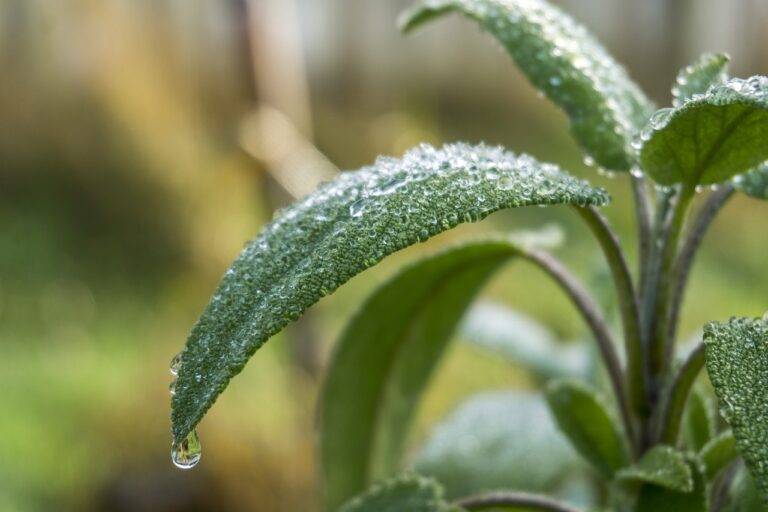DIY Tips for Reviving Your Garden: From Planting to Maintenance
When choosing plants for your garden, it is important to consider the climate in your area. Not all plants thrive in all environments, so it is crucial to select varieties that are suitable for your region’s temperature and sunlight conditions. Researching the hardiness zones of plants can help you make informed decisions about what will grow best in your garden.
Another factor to consider when selecting plants is the amount of care and maintenance they require. Some plants are low-maintenance and can thrive with minimal attention, while others need more frequent watering, pruning, or fertilizing. Assessing how much time and effort you are willing to dedicate to your garden can help you choose plants that align with your abilities and commitments.
Preparing Your Soil for Planting Success
To achieve planting success in your garden, it is crucial to prepare the soil adequately. Start by clearing the area of any debris or weeds that may hinder plant growth. Loosen the soil using a garden fork or tiller to improve aeration and drainage. Additionally, consider adding organic matter such as compost or well-rotted manure to enhance soil fertility and structure.
After loosening the soil and adding organic matter, it is essential to test the pH levels to ensure they are suitable for the plants you intend to grow. Most plants thrive in neutral to slightly acidic soil, so if necessary, adjust the pH by incorporating lime to raise it or sulfur to lower it. Remember that different plants have specific soil requirements, so it’s crucial to tailor your soil preparation to meet the needs of the plants you plan to cultivate.
Effective Watering Techniques for Healthy Plants
Watering your plants correctly is crucial for their growth and overall health. The frequency and amount of water needed depend on the specific plant species, the type of soil, and environmental factors. It’s important to avoid both overwatering and underwatering, as both can have negative effects on plant health.
One effective way to ensure proper watering is to water early in the morning. This allows the plants to absorb the water before the heat of the day causes evaporation. Watering in the evening can lead to prolonged moisture on the leaves, which could invite disease. Be sure to water deeply, allowing the water to penetrate the root zone, rather than just wetting the surface of the soil. This encourages a strong root system and helps the plants withstand dry periods.





